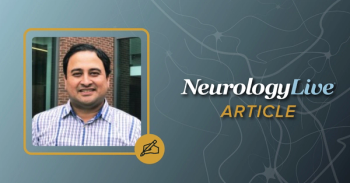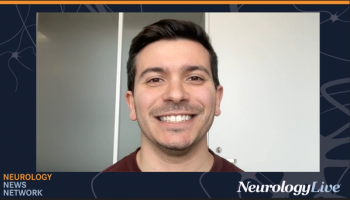
Approaching Migraine Care in Clinical Practice
Dr Kita Williams shares how she manages patients in her migraine practice.
Episodes in this series

Kita Williams, MD: Here’s how I approach migraine care and make decisions related to prevention vs treatment. First, some facts. Studies show that 1 of 5 people who need preventive care are receiving it. The American Headache Society states that if a person has 2 or more debilitating headaches a month, they should be on preventive medicine. If a patient is having a headache and the headache is debilitating—meaning they’re not able to function—then even if they have 2 of those a month, they need to be on medicine that prevents them from ever experiencing that. That’s how we make the determination when to put someone on preventive medicine.
If those headaches are not debilitating, then the American Headache Society states that anyone with 4 or more headache attacks per month, or at least 8 headache days per month, should be on a preventive medication. I like to tell patients that the preventive medications do the heavy lifting and the acute medications take care of whatever slips between the cracks—whatever slips by, that’s when your acute medicine comes in handy.
Often I see a patient who comes in and has headaches maybe 4 to 14 times a month, but they’re taking an over-the-counter medicine or their acute medicine. Maybe they’re taking a triptan with each headache, and they say that triptan is working for them. I stress to them that when you’re having headaches that often, I’d rather you take something to prevent the headaches from happening than for you to be reactive and responding to the headache in that acute setting. Our goal is to see you not have to jump up and respond. Our goal is to keep you from having the pain in the first place. That’s where your preventive medicine comes in. If you do have the pain, then that’s where your acute medication comes in. This notion that you must live with it is what I see with a lot of patients with migraine. They say, “Just give me something in the moment to get me out of this headache.” But I say, “You don’t have to have the headache in the first place. That’s why we have medicines that prevent the migraine from happening.” That’s 1 of the most important things I can stress to a patient with migraine: it doesn’t have to be. I love that medications are available to prevent them from ever experiencing that.
Transcript Edited for Clarity
Newsletter
Keep your finger on the pulse of neurology—subscribe to NeurologyLive for expert interviews, new data, and breakthrough treatment updates.










